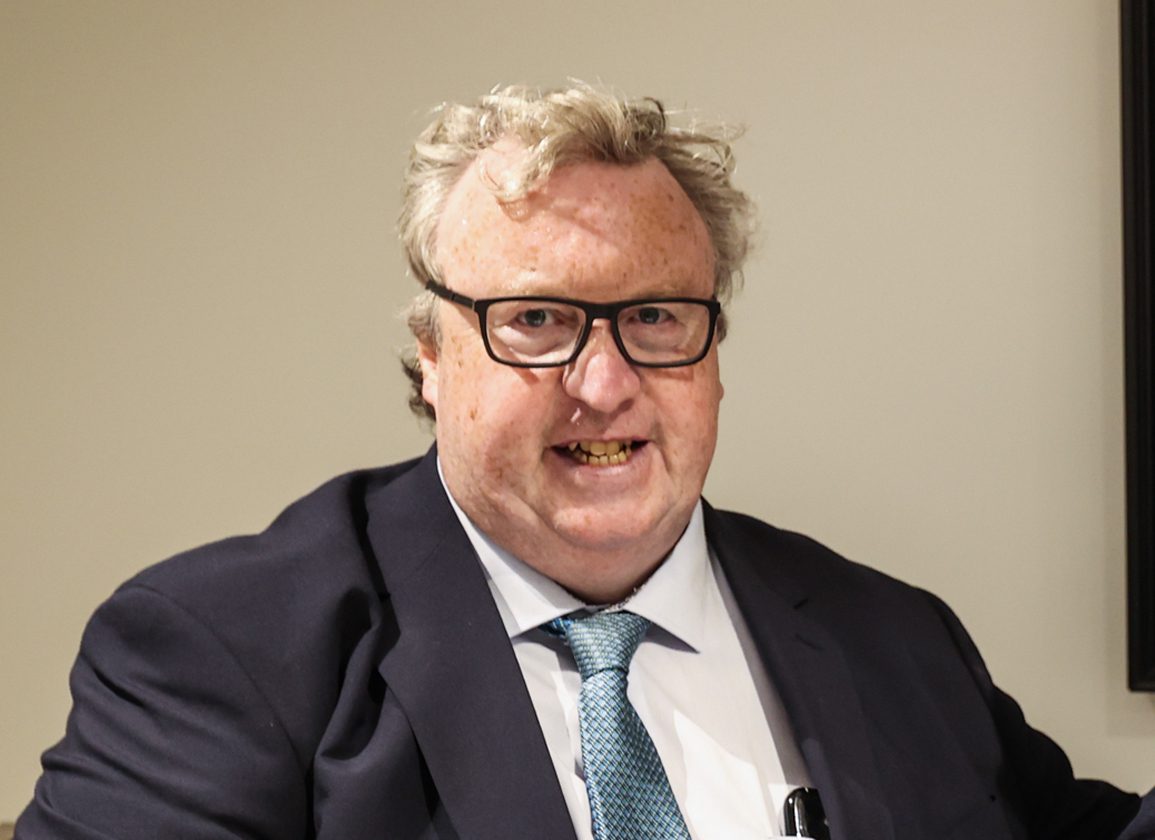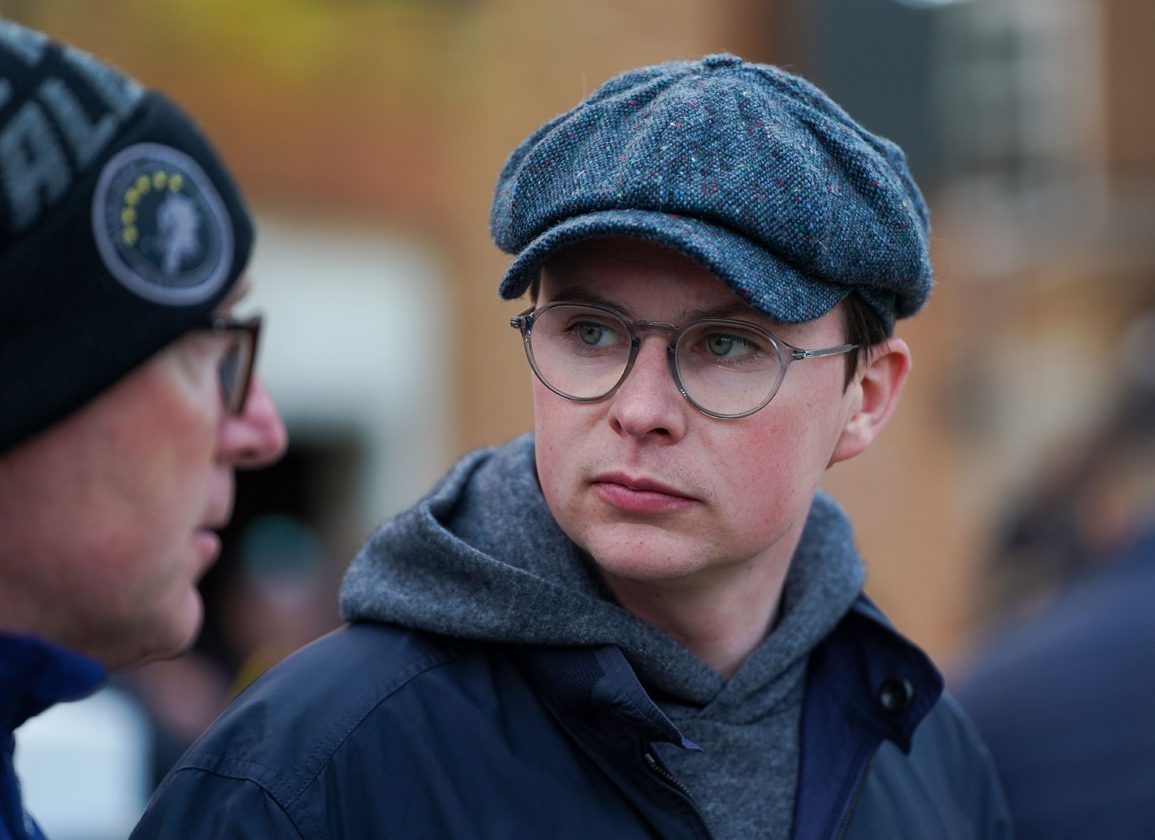By Brian Sheerin
Brian Kavanagh has said that he agrees completely with Johnny Murtagh's assertion that Ireland should not be “resting on its laurels” when it comes to prize-money while Irish Racehorse Trainers Association [IRTA] chief Ryan McElligott expressed a wish that the Curragh boss's decision to up the minimum prize fund at the track to €20,000 could stir up similar change among other racecourses.
Leopardstown, Ireland's only other Group 1 Flat track, has followed the Curragh's lead in raising its basement prize-money levels to €15,000. However, leading trainers Joseph O'Brien and Ado McGuinness echoed Murtagh's point that prize-money needs to rise at every level in order to keep the higher-class horses in training in Ireland.
O'Brien said, “We are very lucky in Ireland to have the prize-money levels that we have and to have a government that appreciates our industry. Going forward, we have to be sure that the owners in Ireland–as they do now–want to continue to race their high-class horses in Ireland. “The fundamental thing, when encouraging people to breed and race in Ireland, is to have attractive levels of prize-money. At the moment, we are very lucky to have good prize-money but it could be better, and it is something that everyone has to be very conscious of going forward.”
He added, “We need to encourage owners to race horses in Ireland for their two- and three-year-old careers at a minimum. As the horses get older, they can compete on the international stage. The best way to encourage that is by increasing the prize-money levels across the board domestically. There are good incentives, like the Ballyhane Stakes for example, and there are other target races out there, but we need more of them. We need valuable races to encourage people to keep their Listed/Group 3 horses here and racing for longer. It is prize-money that drives investment in the industry which trickles all the way back down to trainers, jockeys, work riders, farriers and everyone else who is employed within the industry.”
When announcing that no race at the Curragh would be contested for less than €20,000 this season, former Horse Racing Ireland chief executive Kavanagh referenced how the money generated from World Pool helped drive extra income which was then regenerated into prize-money at the track.
It is speculated that the gross revenue generated from World Pool is €500,000 per fixture. That figure is split roughly 70-30 between the racecourse in question and the Tote.
Kavanagh commented, “We would put a priority on prize-money and would like to do more going forward. This year, we've grown our prize-money from €14.2m to €15.3m for the year. We've upped a couple of the Group 1 races as well-the Tattersalls Gold Cup goes up from €450,000 to €500,000 and the Keeneland Phoenix Stakes will go for €300,000 to €350,000. But across the board, we have tried to increase the prize-money. We try to ensure a sponsor for every race–that's our objective here–and that helps.
“Also, we are putting some of our own resources here at the Curragh into driving prize-money forward. That has been well received but it's only a step in the right direction. We'd like to do more in the coming years on that front. The good thing about raising prize-money, it creates momentum. So, when we raise the minimum value of races, it has a knock-on effect on the next level and the next level after that.”
When asked if the extra income generated by World Pool was the main contributing factor to raising the minimum prize-money levels, Kavanagh responded, “It's a help. We generate media rights through a number of different sources and the World Pool has emerged in the past couple of years as a source. That is one of the areas where we draw our revenue from and that's how our media rights revenue has grown. Look, it's very simple from the Curragh's point of view, we see ourselves as the industry's racecourse. If we make money, it goes to either promoting events here, developing our facilities or driving prize-money. We will always want to offer competitive prize-money and we need to take an international view towards prize-money. If you look at other jurisdictions, we need to ensure our prize-money is competitive in comparison.”
The latest media rights deal for Irish racing is rumored to be worth roughly €250m over a five-year-period with around 80 per cent of the money said to be going directly to the racecourses.
Only a handful of Irish racecourses have the luxury of being selected for World Pool races with Kavanagh outlining a hope that the number of races added to the international schedule can grow in future.
“That's the objective,” he said. “That is dependent on legislation in Hong Kong in particular. They have had restrictions on the number of World Pool days that they can offer. Those restrictions have loosened slightly. Last year for example, we had the Irish Derby card, but this year we have added two races-the Irish 1,000 Guineas and the Tattersalls Gold Cup-to the World Pool, so that is very welcome.
“We will always work with the Hong Kong authorities and the UK Tote Group to drive that further but it is contingent on quality international racing and strong field sizes as well.”
While the raising of the minimum prize levels at the Curragh and Leopardstown was welcomed by IRTA members, it doesn't get away from the fact that many premier handicaps, listed and Group 3 races continue to be run for the same money-and in some cases less money-than over a decade previously.
The Group 3 Park Express S. is a good example of that. Run for a total purse of €100,000 in 2007, the Aidan O'Brien-trained Brilliant (Ire) (Gleneagles {Ire}) took home just €41,100.00 for winning the prize at Irish racing's HQ on the opening day of the season. The total prize on offer was €68,500.
McElligott said, “Prize-money is unquestionably a pressing concern for trainers throughout the country. There exists a substantial level of concern that prize-money levels have dropped off from the levels they were at in the first decade of this century. Admittedly, the fixture list has grown, and obviously more fixtures means that the slices of the cake gets smaller. As a major racing jurisdiction, we have to be able to present a prize-money schedule that is attractive to international owners and incentivises people to keep horses in training in Ireland. That is vital.”
He added, “The Curragh have taken the decision to put a minimum value on every race run at the track this season, which is commendable, and I would hope that this could lead to similar movement up and down the country.”
McGuinness, one of the most upwardly mobile trainers in the country, was responsible for five of the 23 Irish-trained runners at Lingfield, Newcastle and Chelmsford on Good Friday.
The second most successful trainer at Dundalk behind O'Brien throughout the past five years, McGuinness pointed to a lack of valuable end-of-season targets on home shores on the all-weather for the horses he travelled to Britain last week.
He explained, “I won three races at the end-of-season fixture at Dundalk and I got €27,000 for the three races in total prize-money. I sent out Star Harbour (Ire) (Sea The Stars {Ire}) to finish fourth at Newcastle last week and he earned €14,000. I just feel that something has to be done.”
McGuinness added, “I have to clap the Curragh on the back for raising their minimum prize-money levels. Fair play to them. Maybe other tracks will take note and do the same. But, the prize-money for the listed and Group 3 races in Ireland remains too low compared to England and abroad.
“Not only that, but I won the Joe McGrath Handicap at the Curragh in 2009 with Toufan Express (GB) (Fraam {GB}). He picked up €34,503 for that success. Laugh A Minute (GB) (Mayson {GB}) won the same race last year and picked up only €26,550. How does that make sense?”
O'Brien concluded that, in its current format, the domestic prize-money on offer is not enough to sustain a training operation as big as his Owning Hill.
He explained, “Ultimately, we are traders. It's obvious when you look at our top two-year-olds from last year and where they are in training now. A lot of them have been traded on to Hong Kong and America.
“Sadly, that means we won't be as well-represented as we could have been in the Classics this season because those horses are now racing abroad. That is the bottom line. We understand that and we do what's right for our owners. A lot of that time, that means we have to trade. Sometimes that means we race them on. But the fact of the matter is, people have to trade the way things are with prize-money at the moment.”
Not a subscriber? Click here to sign up for the daily PDF or alerts.








